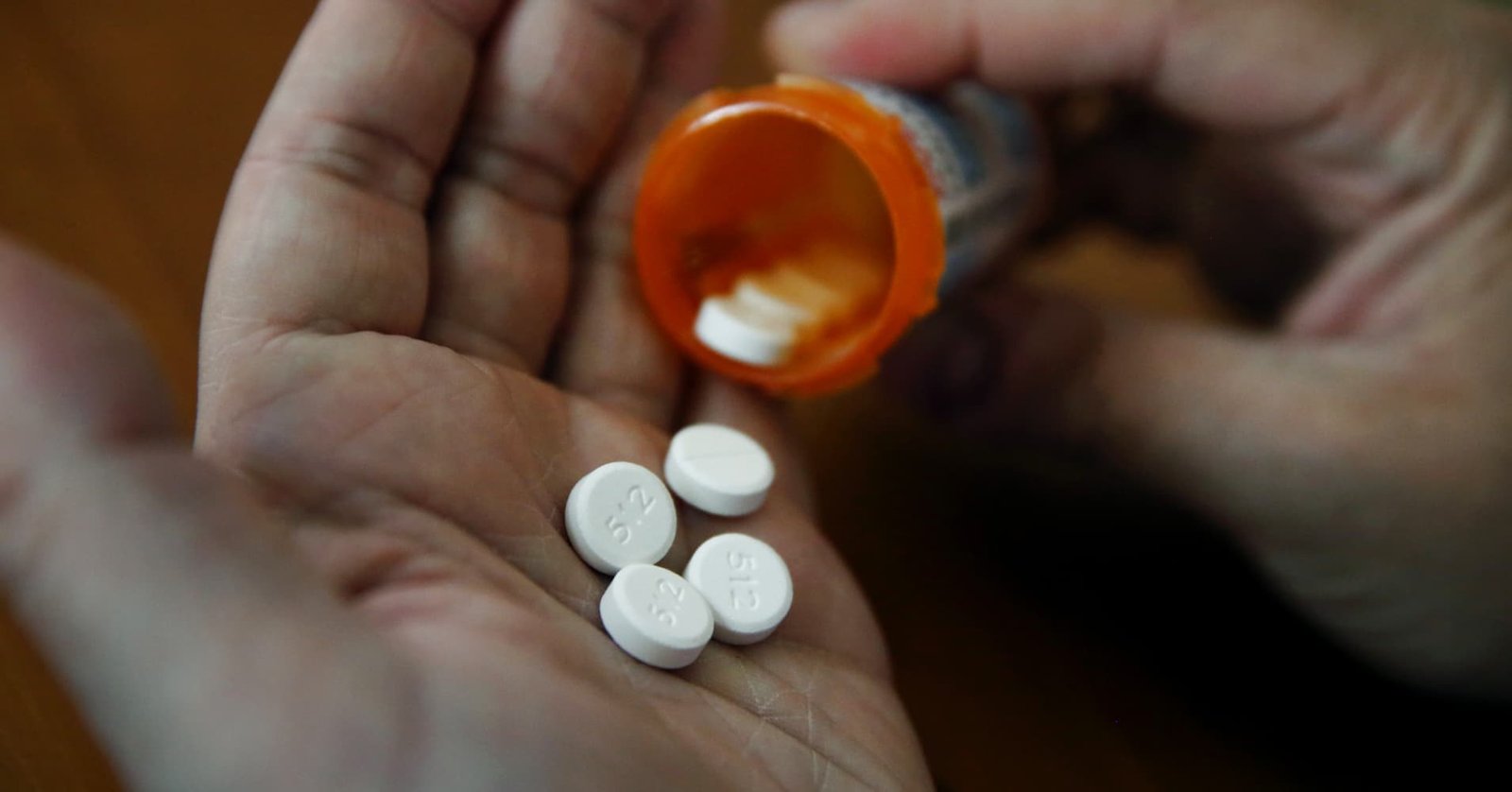Introduction
Silicon Valley, renowned for its tech and startup ecosystem, has garnered attention for its unique work culture and practices. Among the various aspects that have been associated with this industry, drug use has occasionally made headlines.
This article delves into the subject, examining the reported use of drugs like ketamine and psychedelics in Silicon Valley and their alleged effects on individuals and creativity.
A Controversial Choice for Depression Treatment
According to The Wall Street Journal, Elon Musk, the notable entrepreneur and CEO of Tesla, has been linked to the use of ketamine both recreationally and as a potential treatment for depression. The dissociative properties of ketamine can affect sensory perception and induce detachment from reality.
Although ketamine has been explored as a treatment for depression in clinical trials, its use is not officially approved by the US Food and Drug Administration for mental health issues.
Psychedelics in the Tech Realm
Beyond ketamine, the realm of psychedelics has also gained attention within Silicon Valley. Sergey Brin, co-founder of Google, has been associated with the use of psilocybin mushrooms, known for their hallucinogenic properties. Similarly, members of the Founders Fund, a prominent venture capital firm in San Francisco, have allegedly hosted parties featuring psychedelics.
While there is limited evidence supporting the efficacy of microdosing psychedelics for enhanced creativity and focus, some individuals in Silicon Valley have embraced this practice.
Micro dosing psychedelics
Microdosing involves taking sub-perceptual doses of psychedelic substances, such as LSD or psilocybin mushrooms, with the goal of experiencing subtle effects without full hallucinations. In Silicon Valley, some individuals have experimented with microdosing psychedelics as a means of enhancing creativity, focus, and problem-solving abilities.
Advocates of micro dosing believe that these substances can increase cognitive flexibility, enhance mood, and stimulate new ways of thinking. However, it’s important to note that the use of psychedelics, even in micro doses, is illegal in most jurisdictions and can have potential risks and adverse effects on mental health.
Legal and Ethical Implications
The use of drugs in Silicon Valley raises important legal and ethical questions. While some argue that personal autonomy should allow individuals to explore different avenues for enhancing their productivity and well-being, others raise concerns about the potential risks, both for individuals and the wider society. From a legal standpoint, the use of drugs like ketamine and psychedelics for non-medical purposes is often classified as illegal and can result in legal consequences for those involved.
Ethically, the use of drugs in the workplace can pose challenges. It may create an unfair advantage for individuals who use drugs to enhance their performance, potentially creating an unequal playing field. Additionally, companies may be liable for allowing drug use on their premises or during work-related events. Employers must navigate the fine line between respecting personal choices and maintaining a safe and responsible work environment.
Promoting Mental Health and Well-being
The emphasis on mental health and well-being in Silicon Valley cannot be overlooked. The tech industry is known for its high-pressure environment, long working hours, and intense competition. In this context, it is crucial to encourage healthy and sustainable approaches to maintaining mental well-being.
Instead of relying on substances like drugs, it is important to promote alternative strategies for managing stress, enhancing creativity, and fostering well-being. This may include providing resources for mental health support, such as counseling services and wellness programs, within companies. Additionally, cultivating a supportive work environment that values work-life balance, promotes stress management techniques, and encourages open discussions about mental health can greatly contribute to the overall well-being of individuals in Silicon Valley.
By prioritizing mental health and well-being, companies can create a culture that supports their employees’ holistic development. This, in turn, can contribute to increased productivity, job satisfaction, and overall success within the industry.
Conclusion
The issue of drug use in Silicon Valley remains a topic of discussion, with reports suggesting that individuals like Elon Musk and Sergey Brin have experimented with substances such as ketamine and psychedelics. It is important to note that drug use can have significant legal and health consequences, and this article does not endorse or encourage such practices.
While some individuals believe that certain drugs can enhance their cognitive abilities or provide mental health benefits, further research is needed to fully understand the implications and potential risks associated with these substances. By fostering a culture of responsible use, prioritizing mental health support, and promoting evidence-based approaches, Silicon Valley can continue to thrive as a hub of innovation and creativity.

